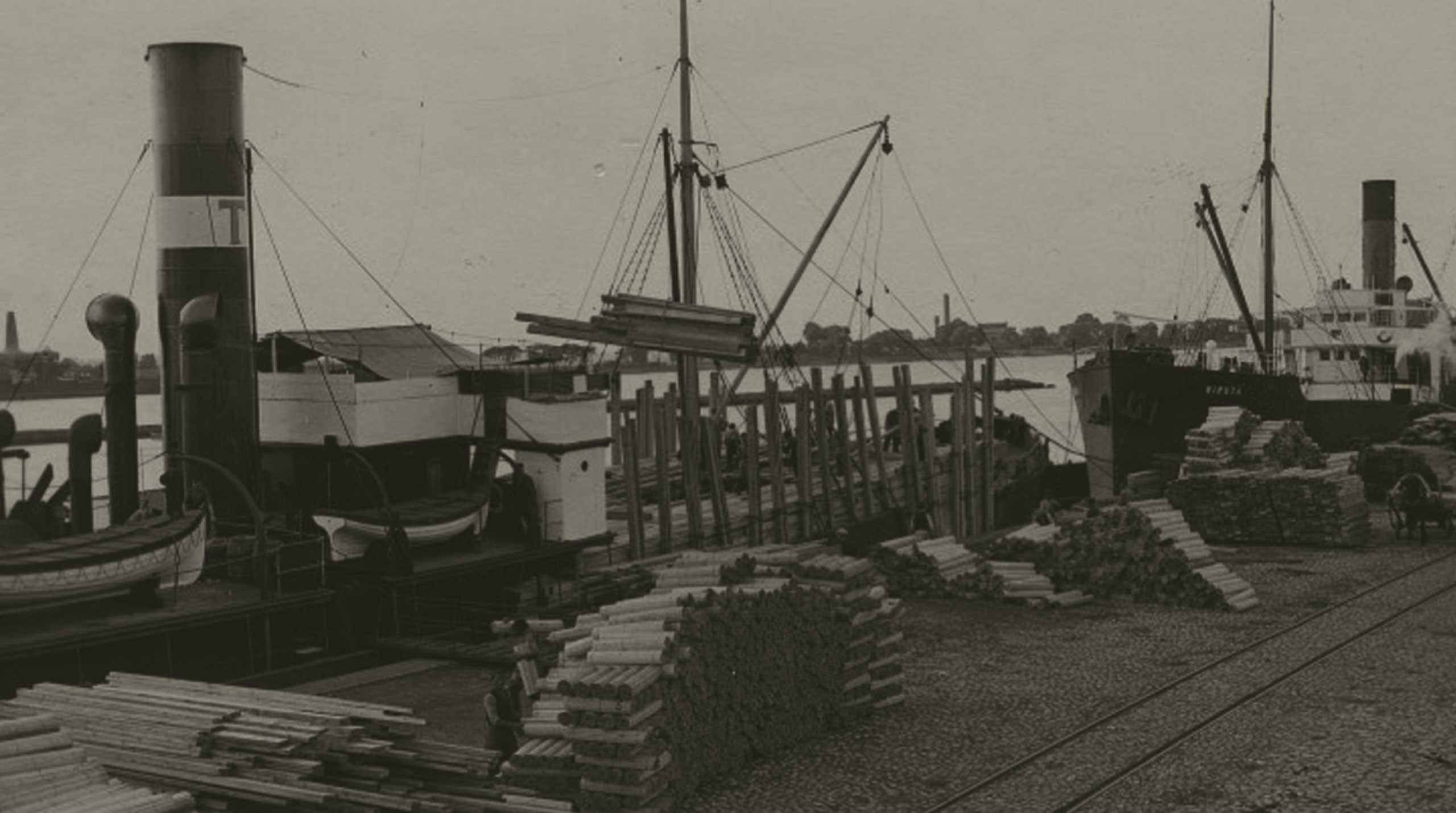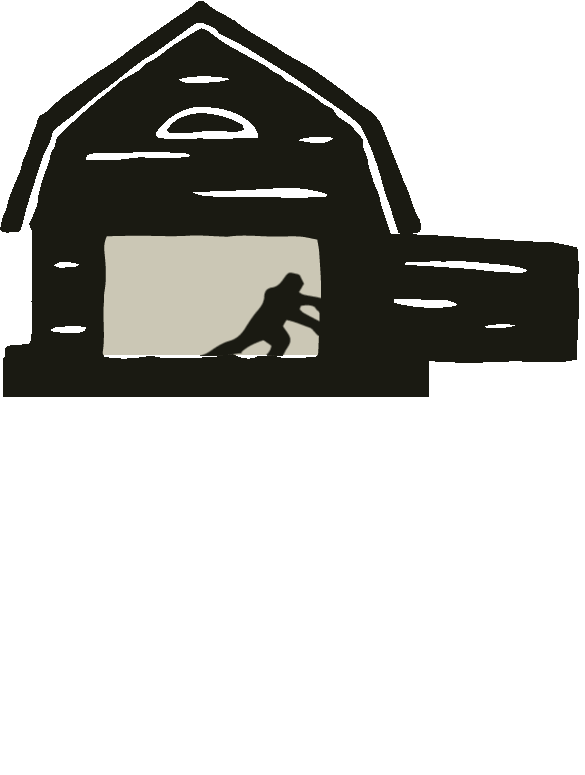
Žanis Lipke
Žanis Lipke worked the docks in Riga. A 1939 Latvian Customs Affairs verdict against him for contraband violations indicated he was not always the most law-abiding of dockworkers.

Žanis was not a saint. But during this horrific period, using skills honed at the docks, Lipke ultimately rescued more than 55 Jews from certain death.
Žanis recruited his friends to enter the ghetto in the evening wearing the IDs of the Jews Lipke brought out that morning. Since the nightly returning headcount matched, no one seemed to be missing. In the morning, his friends would escape with a
new work group.
Lipke’s preferred hiding place was a 3×3 meter bunker under a barn next to his house. The bunker was well stocked with groceries and boasted heat, a small kitchen and even a radio.

Žanis’ reputation spread among the confined and Izak Drizin, a Jew living in the Riga ghetto, wrote Lipke a letter out of sheer desperation, begging to be smuggled out. One night, several weeks later, Lipke showed up to his room. Izak told Lipke that everyone in the ghetto was going to be killed and asked if Lipke could help him escape. Lipke thought for a moment and replied, “We can leave tomorrow.”
THREE LIVES FOR THREE
BOTTLES OF VODKA
The next day, Lipke told the guards he needed three Jews to work in his garden. He promised to bring them back that evening. When the guards hesitated, he bribed them with three bottles of vodka. The guards replied: “For three bottles of vodka, you can take a hundred Jews.”

Outside the ghetto, Lipke hailed a truck for a lift. The truck ran on a fire-powered generator but the driver sensed the logs were damp. He insisted they stop at his garage for drier logs, which took them directly past the always busy police headquarters.
Once they reached Avotu Iela, they left the truck. Lipke asked two Russian women to shelter Izak and his friends. They served the men tea as Lipke and Izak’s brother scrounged new transportation. Four hours later, they returned with bicycles. With bodies ravaged by starvation, they set out on an 80 km ride into the darkness.
Narrowly dodging checkpoints and struggling to push on, they finally arrived at another hiding place in Dobele secured from a local farmer, where they met up with four other Jews Lipke had previously helped escape.


